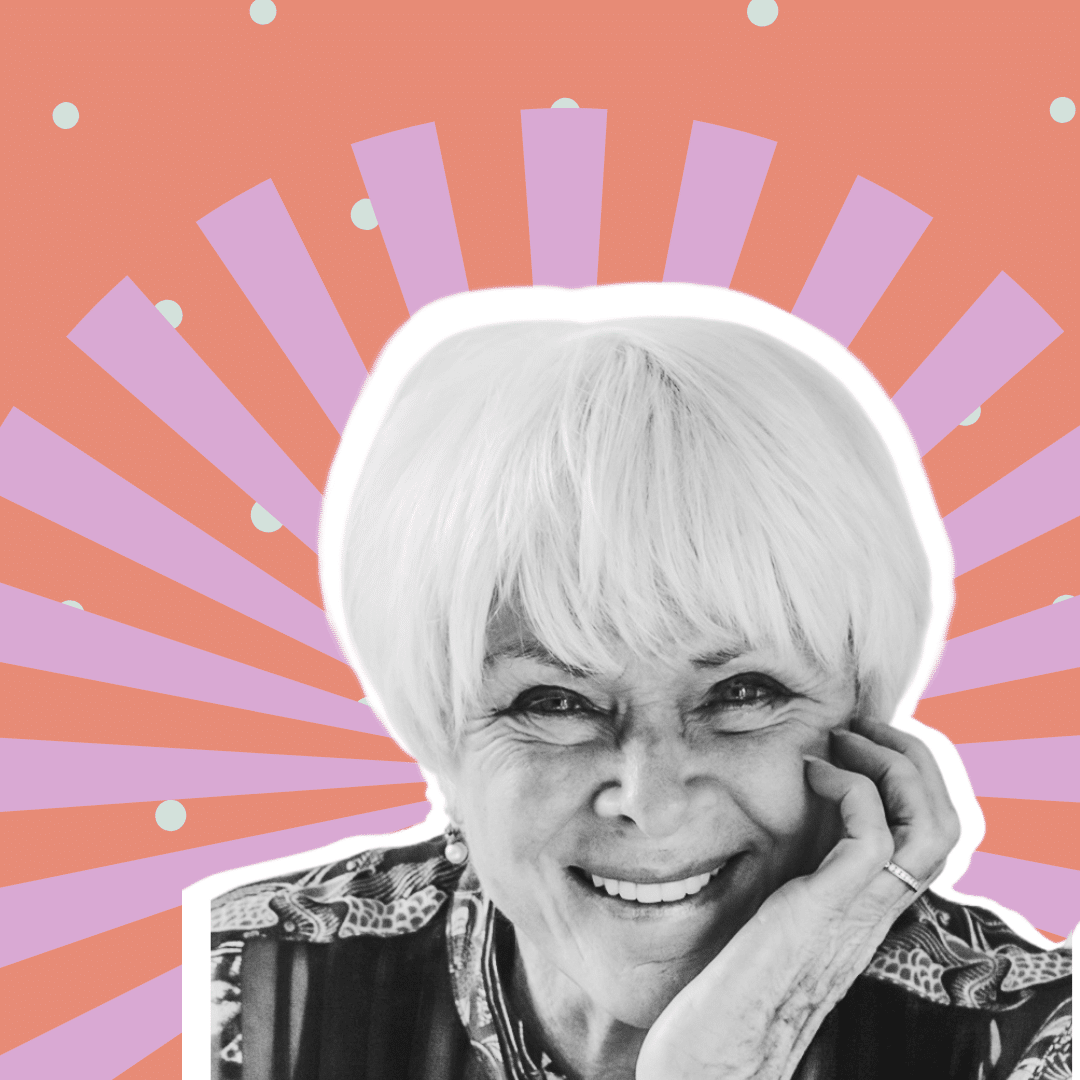Mindful In May Encore 2021 | Day 6
Day Six
DAY 6: Dr Elise Bialylew interviews Byron Katie
Video Objectives About Byron Katie Video ObjectivesYou’ll learn:
- A powerful process called “The Work” which can help you transform reactivity into opportunity for growth.
- How to work with difficult thoughts that hold you back in your life.
- The relationship between your suffering, your thoughts and how to reduce the suffering in your life.
- How to manage the discomfort and confusion of the question, “what is my purpose?”
 In 1986, at the bottom of a ten-year spiral into depression and self-loathing, Byron Katie woke up one morning in a state of joy. She realized that when she believed her stressful thoughts, she suffered, but that when she questioned them, she didn’t suffer, and that this is true for every human being. Her simple yet powerful process of self-inquiry, which she calls The Work, consists of four questions and the turnaround, which is a way of experiencing the opposite of what you believe. Katie has been bringing The Work to millions of people for more than thirty years. Her books include the bestselling Loving What Is, I Need Your Love-Is That True?, A Thousand Names for Joy, and A Mind at Home with Itself. TIME describes her as “a spiritual innovator for the 21st century.
In 1986, at the bottom of a ten-year spiral into depression and self-loathing, Byron Katie woke up one morning in a state of joy. She realized that when she believed her stressful thoughts, she suffered, but that when she questioned them, she didn’t suffer, and that this is true for every human being. Her simple yet powerful process of self-inquiry, which she calls The Work, consists of four questions and the turnaround, which is a way of experiencing the opposite of what you believe. Katie has been bringing The Work to millions of people for more than thirty years. Her books include the bestselling Loving What Is, I Need Your Love-Is That True?, A Thousand Names for Joy, and A Mind at Home with Itself. TIME describes her as “a spiritual innovator for the 21st century.
Prefer to listen, rather than watch? Click the play button below.
[accessally_missing_all_tag tag_id=’657,814′ comment=’MLP Purchaser (AnyTime),MIMEncore2021_POP_Upsell’] [/accessally_missing_all_tag]
[/accessally_missing_all_tag]
Click here to download the transcript for Dr Elise Bialylew’s interview with Byron Katie.[/accessally_has_any_tag]
Your Meditation for today
Mindfulness Of Thoughts And Worries with Craig Hassed
Associate Professor Craig Hassed OAM has been working within the Faculty of Medicine at Monash University since 1989 and is coordinator of mindfulness programs across Monash. His teaching, research and clinical interests include mindfulness, mind-body medicine, lifestyle medicine, integrative medicine and medical ethics. Craig developed and integrated into the Monash medical curriculum the world-first mindfulness-based healthy lifestyle course called the Health Enhancement Program. He has authored over 100 papers in peer-reviewed journals and is regularly invited to speak and run courses in Australia and overseas in health, educational, government and corporate contexts. Craig was the founding president of Meditation Australia, is a regular media commentator, and has published 13 books and 14 book chapters. Craig featured in the documentaries, The Connection, and My Year of Living Mindfully.
WELCOME TO DAY SIX
How did you enjoy my interview with Russ Harris yesterday? What were your biggest take-aways?
Today, you’ll find a guest meditation from Dr Craig Hassed. It continues our exploration of thoughts and invites you to find a new way to relate to the worrying mind. So helpful! Try it out and let us know what you discover in the Facebook group.
In our guest interview today, you’ll hear from the renowned Byron Katie. In our discussion we explore the idea that understanding and reducing our suffering requires us to become more familiar with the way our mind works.
There are always going to be external stressors and events we can’t control that can bring suffering, but so often, our minds add suffering to our experiences.
In her book, “Loving What Is”, Byron Katie refers to the thoughts and stories we create in our minds as “the fake news” that cause us so much suffering.
Byron Katie writes:
“A thought is harmless unless we believe it. It is not our thoughts, but the attachment to our thoughts, that causes suffering. Attaching to a thought means believing that it’s true, without inquiring…. A belief is a thought that we’ve been attaching to, often for years. Most people think that they are what their thoughts tell them they are.”
~ “Loving What Is: How Four Questions Can Change Your Life” by Byron Katie, Stephen Mitchell
If we don’t stop and investigate the stories we tell ourselves, we can often get caught in this “fake news” and fall into the quicksand of negative thoughts, especially when faced with increased stress like the pandemic, or any other day-to-day life stresses.
Our stories can corrode and weaken our resilience, so an essential aspect of building our resilience is building our inner capacity to be aware of our thoughts and be more skeptical of them rather than taking them at face value.
In this way, mindfulness practice is a crucial inner tool for building greater resilience – our capacity to cope well with life’s inevitable challenges – so that we can meet the stressors of life with skillful responses.
Remember, you don’t have to accept all thoughts as “truth”.
Today, spend some time checking in with the “fake news” of your mind.
Catch those thoughts and remind yourself that not all thoughts are true.
That’s it for today – see you back here online tomorrow.
stay on track
mark off your daily progress here
[progressally_objectives]
[progressally_progress_pie_chart size=”80″]




DONATE HERE
If you’d like to make a donation and be part of this impact you can still do so right here – every $50 will bring clean water to one person for life!
DONATE NOW
Bonus Interviews
Watch Elise’s conversations with three leading wellbeing experts, Judson Brewer, Kristin Neff and Rick Hanson.
WATCH NOW Back to Mindful in May